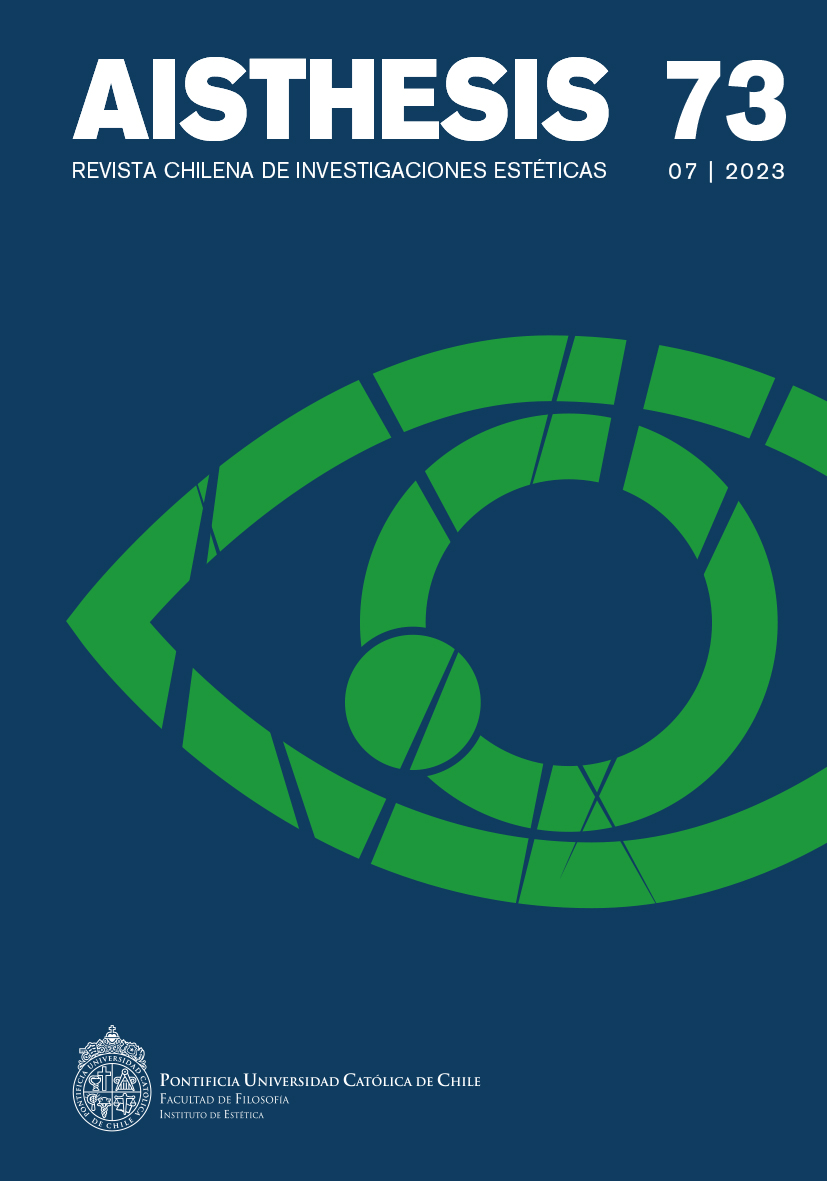Childhood as a Narrative Point of View in Contemporary Argentine Literature
Main Article Content
Abstract
The aim of this paper is to show how childhood voices are shaped as a narrative point of view in fiction through a selection of contemporary Argentinian literary texts. The main hypothesis of this work considers the possibility to understand the «deterritorialization» (Deleuze & Guattari) of childhood voices from the critical and fictional analysis of the Argentinian childhood research work in the last fifty years. This analysis has hardly ever been taken into consideration by the national literary system. Therefore, this interpretation causes resistance among the most conservative positions that, despite recognising progress in childhood literature, they give it a marginal position. Two viewpoints from the child-hood research work are going to be provided to prove this hypothesis and a selection of contemporary Argentinian literature is going to be examined to reveal how the experiences of childhood have largely increased in the last decades.
Downloads
Article Details

This work is licensed under a Creative Commons Attribution-NonCommercial-ShareAlike 4.0 International License.
All contents of this electronic edition are distributed under the Creative Commons license of "Attribución-shareAlike 4.0 Internacional" (CC-BY-SA). Any total or partial reproduction of the material must mention its origin.
The rights of academic works published in this publication belong to their authors., who grant to AISTHESIS: Revista Chilena de Investigaciones Estéticas the license for its use. The management of the permits and the authorization of the publication of the images (or of any material) that contains copyright and its consequent rights of reproduction in this publication is the sole responsibility of the authors of the articles
References
Alcoba, Laura. La casa de los conejos. Edhasa, 2009.
––. El azul de las abejas. Edhasa, 2018.
Andruetto, María Teresa. Hacia una literatura sin adjetivos. ComunicArte, 2009.
Basile, Teresa. «La orfandad: la narrativa de Félix Bruzzone». CeLeHis-Revista del Centro de Letras Hispanoamericanas, nº 25, 2016, pp. 141-169.
Benjamin, Walter. Dirección única. Trad. Juan J. del Solar y Mercedes Allendesalazar. Alfaguara, 1987.
Bettelheim, Bruno. Psicoanálisis de los cuentos de hadas. Crítica, 2010.
Bruzzone, Félix. 76 Un clásico + dos nuevos cuentos. Momofuku, 2015.
Cabal, Graciela. Mujercitas ¿eran las de antes? (El sexismo en los libros para chicos). Libros del Quirquincho, 1992.
––. La emoción más antigua. Lecturas, escrituras, el encuentro con los libros. Sudamericana, 2001.
––. Secretos de familia. Sudamericana, 2006.
Carli, Sandra. «Notas para pensar la infancia en la Argentina (1983-2001). Figuras de la historia reciente». La cuestión de la infancia. Paidós, 2006.
Castillo, Abelardo. El espejo que tiembla. Seix Barral, 2011.
Catelli, Nora. «Un recurso y sus límites (el punto de vista en la novela)». La novela del siglo xx y su mundo. Revista sobre la creación literaria, nº 11 y 12, 1994, pp. 183-196.
Cosse, Isabella. Pareja, sexualidad y familia en los años sesenta. Una revolución discreta en Buenos Aires. Siglo XXI, 2010.
Díaz Rönner, María Adelia. «Literatura infantil de “menor” a “mayor”». Historia Crítica de la literatura argentina. Dir. Noé Jitrik. Emecé, 2000, vol. 11, pp. 511-551.
––. La aldea literaria de los niños. Problemas, ambigüedades, paradojas. Comunicarte, 2011.
Diker, Gabriela. ¿Qué hay de nuevo en las infancias? Universidad Nacional de General Sarmiento, 2008.
Deleuze, Gilles y Félix Guattari. Kafka. Por una literatura menor. Ediciones Era, 1990.
Ducraroff, Elsa. «Introducción. La narración gana la partida». Historia Crítica de la literatura argentina. Dir. Noé Jitrik. Emecé, 2000, vol. 11, pp. 7-15.
García, Laura. «Memoria e imaginación. Colecciones de lectura para contar la violencia política en la literatura infantil argentina (1970-1990)«. El taco en la brea, nº 2, 2015, pp. 80-118, http://bibliotecavirtual.unl.edu.ar/publicaciones/index.php/ElTacoenlaBrea/issue/view/458
––. Los itinerarios de la memoria en la literatura infantil argentina. Narrativas del pasado para contar la violencia política entre 1970-1990. Lugar Editorial, 2021.
Garland, Inés. Una reina perfecta. Alfaguara, 2008.
Llobet, Valeria. ¿Fábrica de niños? Las instituciones en la era de los derechos de la infancia. Noveduc, 2010.
Montes, Graciela. La frontera indómita. En torno a la construcción y defensa del espacio poético. Fondo de Cultura Económica, 1999.
––. El corral de la infancia. Fondo de Cultura Económica, 2001.
Negroni, María. Pequeño mundo ilustrado. Caja Negra Editora, 2013.
Schweblin, Samanta. Pájaros en la boca. Random House, 2016.
––. Siete casas vacías. Páginas de Espuma, 2018.
Walsh, María Elena. Desventuras en el País-Jardín-de-Infantes. Crónicas 1947-1995. Seix Barral, 1995.
